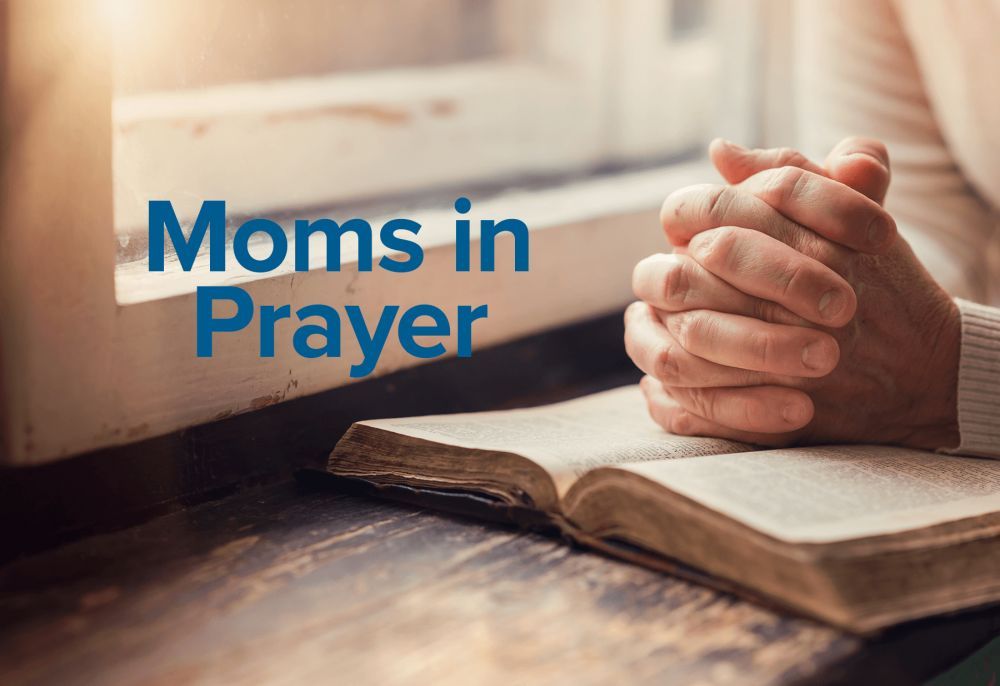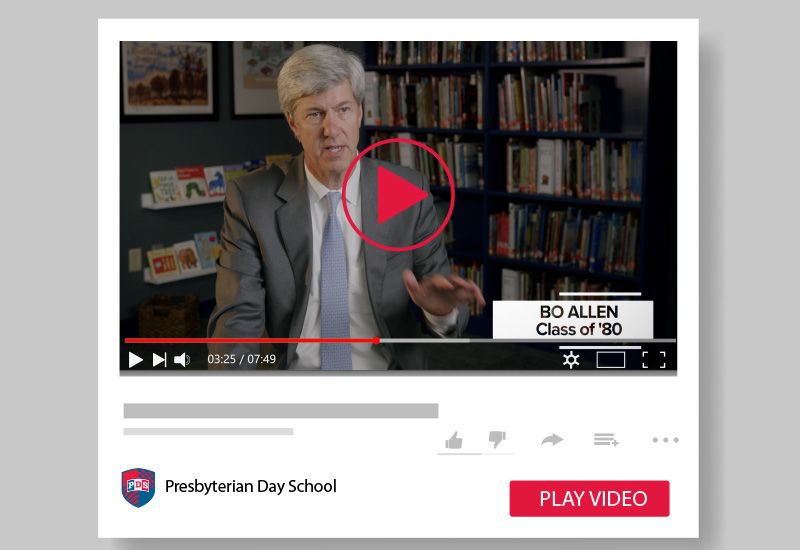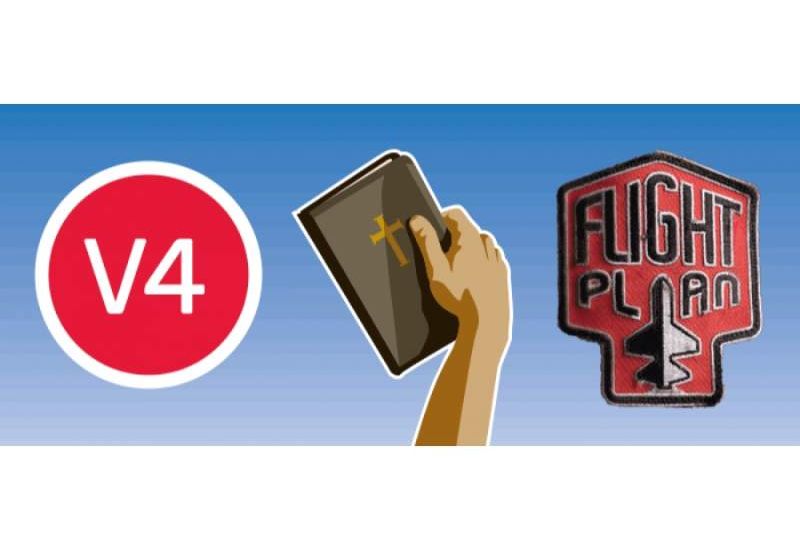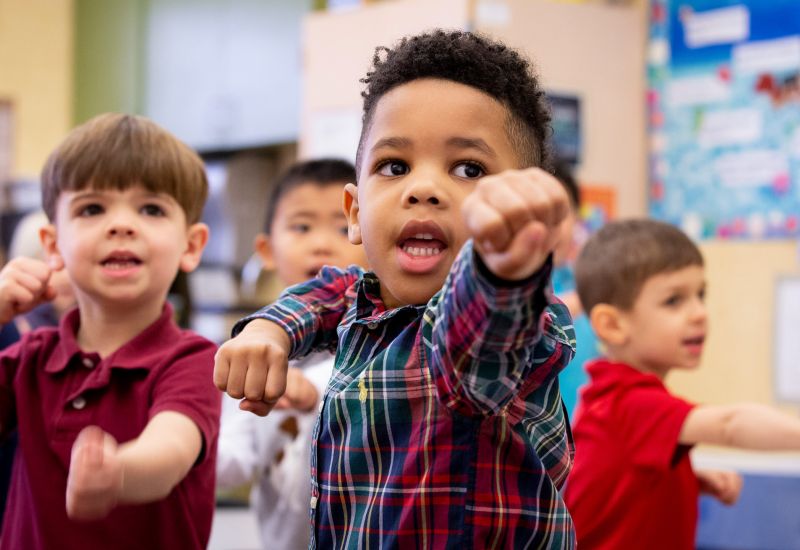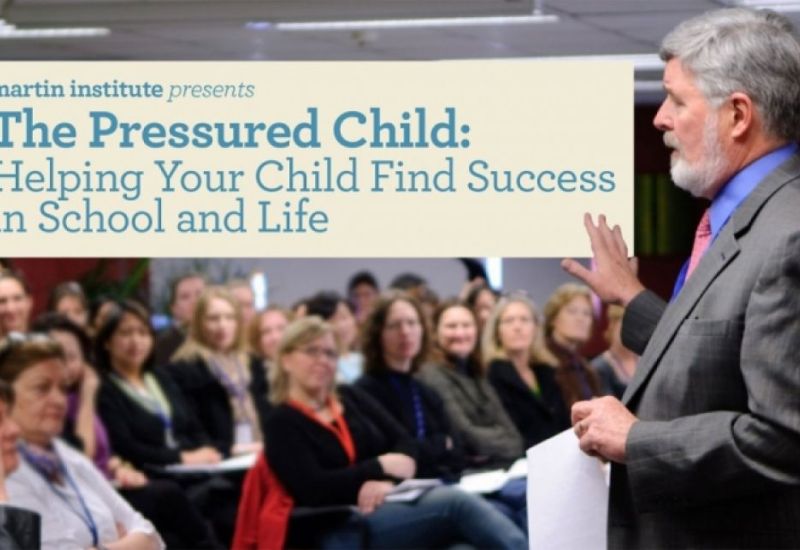Strategic Parenting
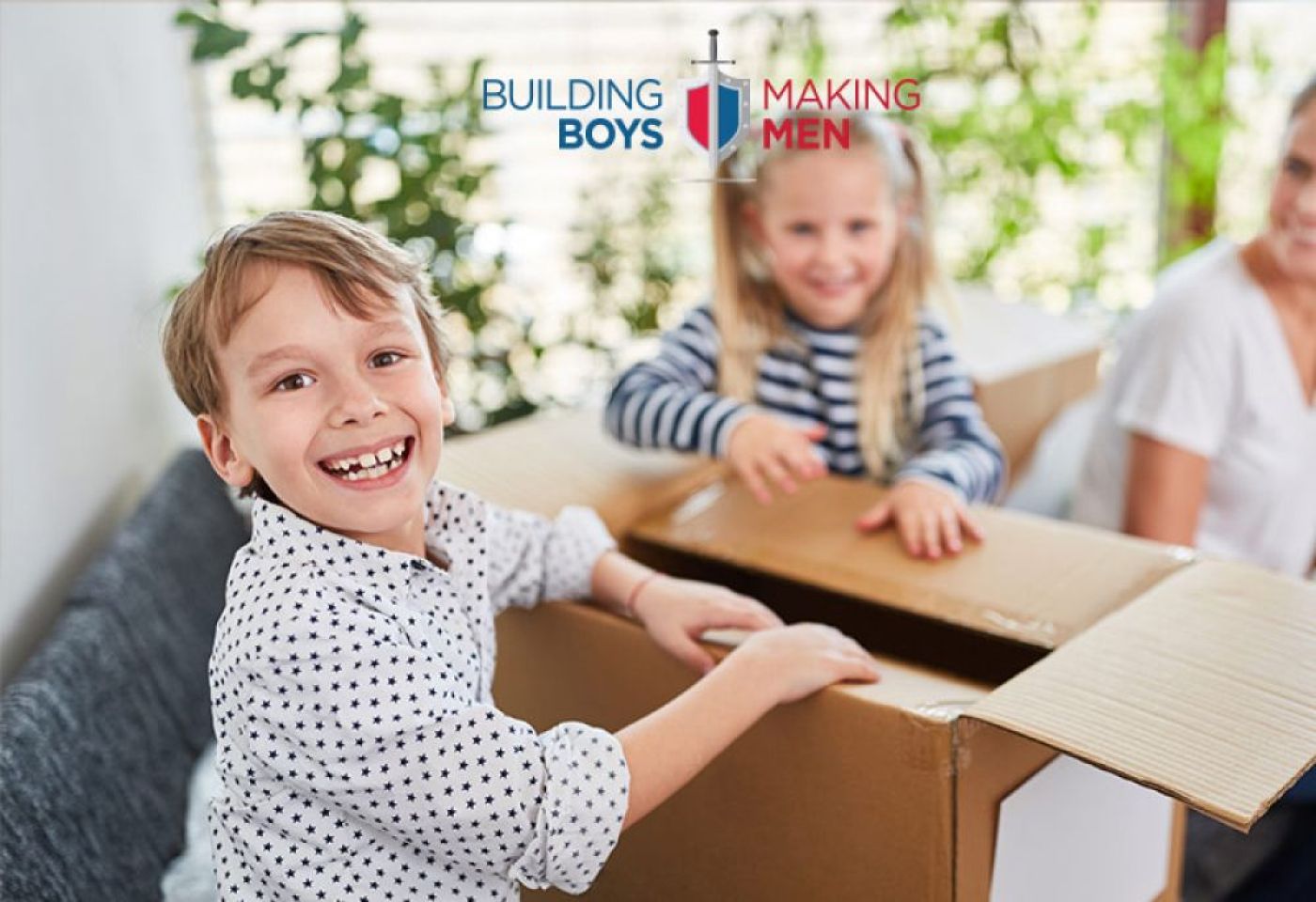


Building Boys, Making Men Menu
Teach Your Kids “Me Last” in the Age of “Me First”
Have you ever played rock-paper-scissors to see who gets to go last—or to see who gets to sit in the backseat?
My college roommate would yell “backseat!” every time the two of us rode with another diver. He also had the unique custom of tipping the ice cream server for his milkshake at Baskin Robbins. He explained, “Think about it…you tip the bartender, and all they do is knock the top off of a bottle. The person making your milkshake spends so much more time with your order.” He was a strong, yet empathetic leader in college and continues to be one now. I think that growing up in a household of four kids taught him that life was about much more than him—and these lessons have had a great deal to do with his success.
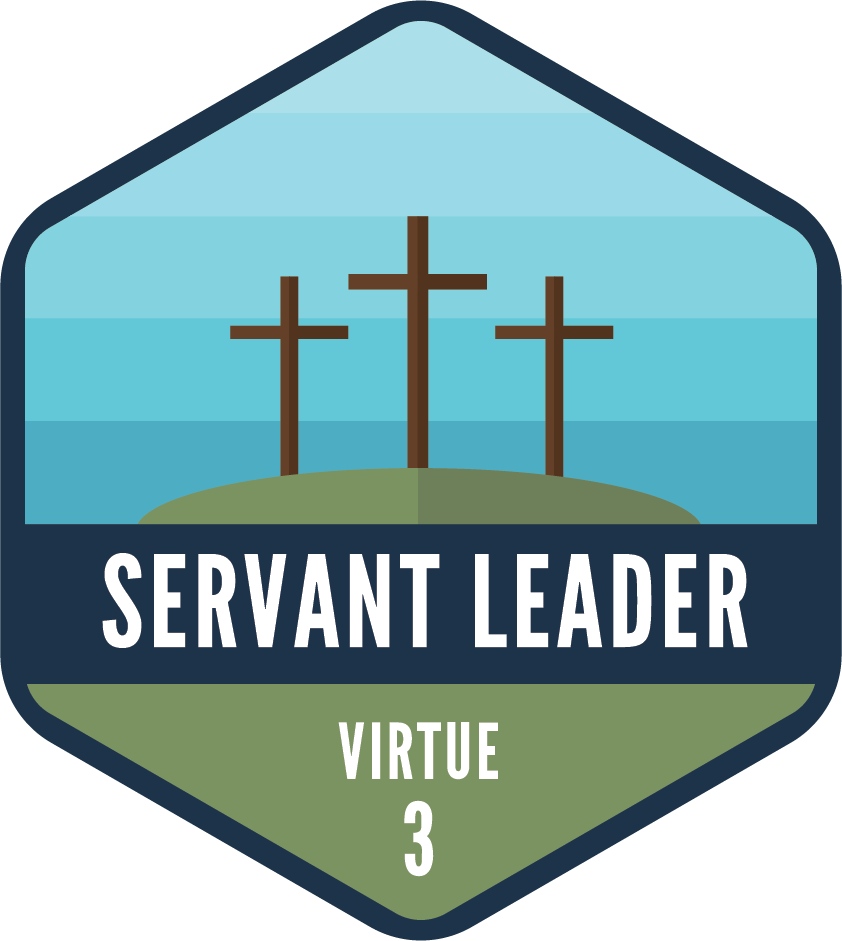
Leading Experts Agree
Today, child psychologists agree that, if you want your child to thrive throughout life, start teaching them now that the world does not revolve around them. Instead, teach them to serve others—that will teach them how to find purpose in life.
William Damon, a psychologist and professor at the Stanford School of Education, explained it this way: “People don’t worry about the right things. The biggest problem growing up today is not actually stress; it’s meaninglessness.”
At one of our recent faculty education sessions, Dr. Adam Cox, the author of Cracking The Boy Code, emphasized the idea of purposeful work for boys. Dr. Cox explained how boys want to make things that others will admire. According to Dr. Cox, “Being called to action by doing things for others makes boys feel more important than their age.”
“Boys learn diligence through duty,” writes David Thomas in Wild Things. “Allow him to suffer… service opportunities are a great way to teach boys empathy. Working at a soup kitchen, sponsoring another boy through a relief agency, going on a missions trip, or doing a Scout service project are all great ways to teach compassion and concern for other people. When your boy sees first-hand the sorrow of life, and that he can have a positive impact, his heart will grow along with his self-image.”
Jesus—the Ultimate Servant Leader—Taught the Last Will Be First
Jesus made this clear to two of his closest friends after they insisted he do whatever they ask. Jesus responded by saying, “Whoever wants to become great among you must be your servant, and whoever wants to be first must be slave of all. For even the Son of Man did not come to be served, but to serve, and to give his life as a ransom for many” (Mark 10:43-45 NIV).
The King of Glory came to earth as a suffering servant, laying down his life for his friends (John 15:13), and still his closest followers asked for special privileges. That seems obnoxious, selfish, and even crazy, yet we tend to do the same thing for ourselves and for our children.
The Apostle Paul’s faith in Jesus was strong, and he tried to become more and more a servant leader like Jesus. God inspired Paul to encourage others this way in his letter to the Philippians.
Do nothing out of selfish ambition or vain conceit. Rather, in humility value others above yourselves, not looking to your own interests but each of you to the interests of the others. - Philippians 2:3-4
So, how can we train our kids to be this way? We can follow the insight of Martin Luther King, who famously pointed out that those that did not help the injured man in the story of the Good Samaritan asked the question, “If I stop to help this man, what will happen to me?” But the Good Samaritan reversed the question: “If I do not stop to help this man, what will happen to him?”
What happens if we don’t help our neighbor? And how can we step in to keep that from happening?
It is possible to train our kids to think this way. Try questions like these at dinner or after family devotions:
Who knows someone who is hurting or needs something? How can you help them?
What can you do at school to help others?
What can you do at home to help your siblings or parents?
Is there a neighbor who needs our/your help?
Who was able to help another person today? How did it go?
For more ideas, use this month’s virtue calendar for more ideas.
And don’t forget to teach them to play rock-paper-scissors for the backseat!
Howard Graham

Howard Graham served as Chaplain at PDS and Executive Director of the Building Boys, Making Men program from 2018-2020.
Building Boys, Making Men is a PDS-created program designed to give boys a godly vision and definition of manhood. We believe that boys should be intentionally taught about authentic manhood and have a biblical framework for making wise and edifying choices during their teenage years and beyond. The definition of manhood we teach our boys:
A real man glorifies God by seeking an adventurous life of purpose and passion as he protects and serves others.



